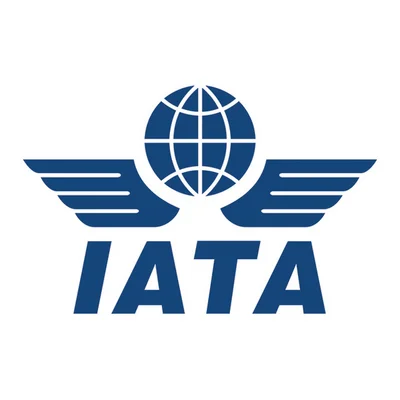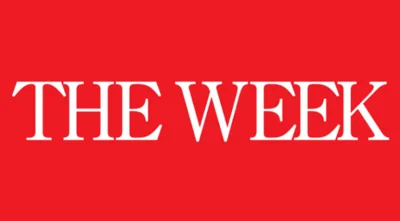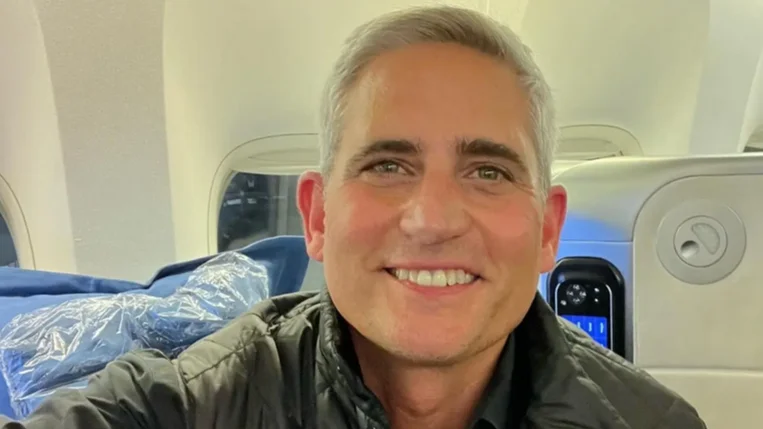The ongoing US tariff situation has significant implications for the private aviation sector, an area often overshadowed by discussions around commercial aviation. While major airlines face uncertainty over demand and procurement costs, due in part to the economic impact of tariffs, the private aviation industry is grappling with its own specific challenges.
The current US tariff policy has strained the aerospace sector, especially affecting manufacturers and operators of private jets. These policies began under Donald Trump's administration and have disrupted supply chains, delayed deliveries, and increased costs for aircraft components. As reported by CBC, tariffs on imports can be as high as 25%, causing manufacturers to navigate complex compliance processes to meet international trade agreements.
A substantial part of private jets in the US is produced overseas, adding complexity and costs due to tariffs. This has created financial burdens for manufacturers and potential buyers, who now face higher acquisition costs and unreliable delivery timelines. This sector must continue to navigate these challenges while averting direct tariff impacts.
 Alerts Sign-up
Alerts Sign-up




































